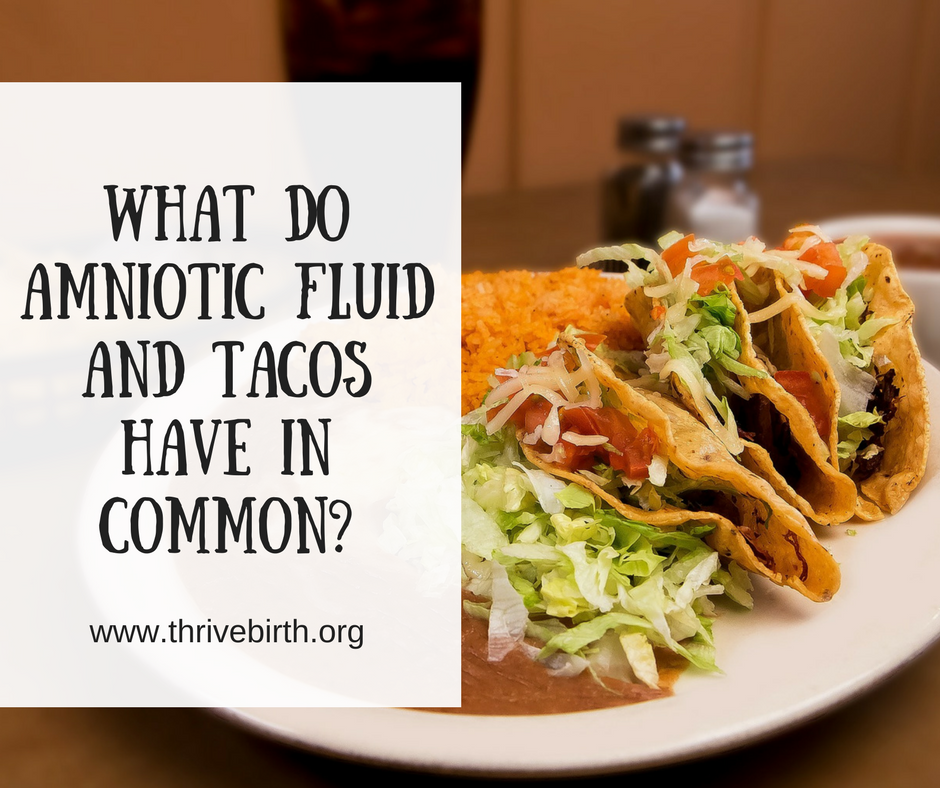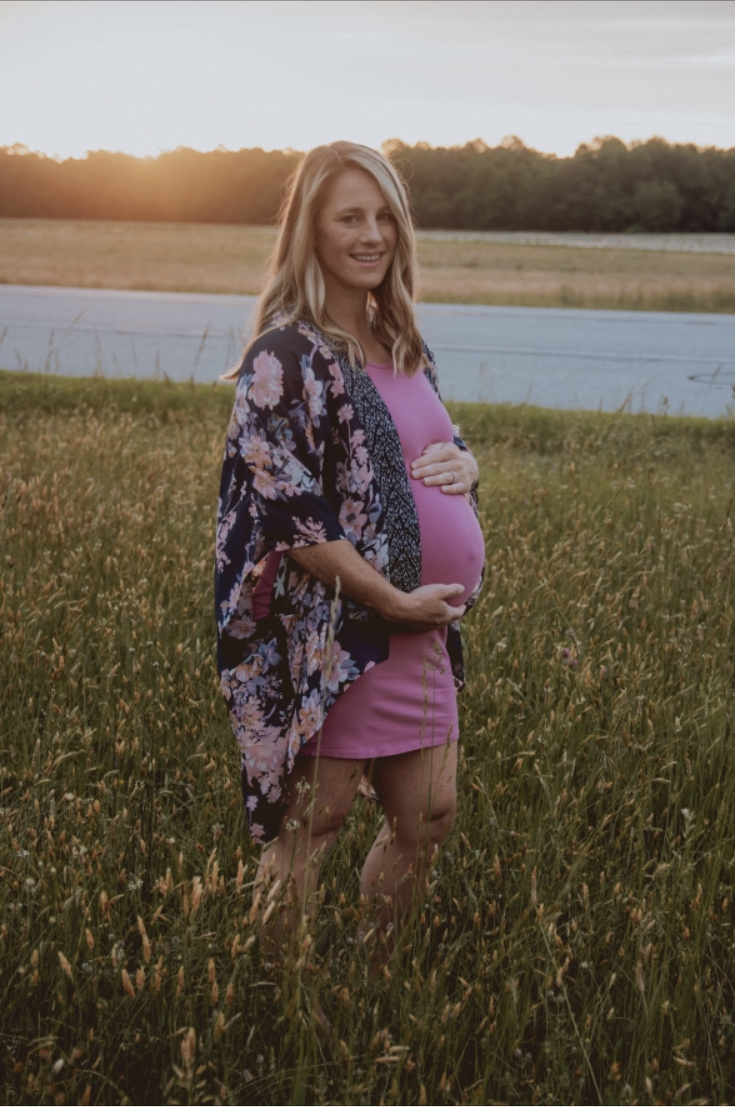Almost right away, they hired me to be their doula. They were planning a natural birth at the same birth center that I birthed my first daughter. I was excited to be going back and so thrilled to witness the birth of this baby, who I already loved. Meghan and Wes were some of the first participants of the class I worked so hard to design, Thrive Childbirth Education. They were so excited and adamant about their natural birth plan, and I had planned to support them in whatever they needed and wanted.
While they were pregnant, I had decided to study through Stillbirthday to become a certified Birth and Bereavement Doula. I was unlike many of my class members, as I had never experienced a pregnancy or infant loss before. To be completely honest, I had no clue what motivated me to take this training. But I was completely committed to it and finished the program in March. I wasn't yet sure if I would ever put myself out there as a bereavement doula, but knew that I had learned some valuable information, should I ever need it.
As their due date drew nearer, Meghan began telling me that she was measuring small (the measurement in centimeters that they take from your pubic bone to your fundus at OB/midwife appointments). However, both Meghan and Wes are small people, and nothing seemed too concerning. But when her belly wasn't growing at all after 3 or 4 appointments, her midwives recommended a biophysical profile to take a closer look at baby... just to be sure. Meghan and Wes originally wanted to decline the ultrasound, as they had declined other ultrasounds in their pregnancy. They weren't sure whether the potential risks of a long ultrasound at 38 weeks would be worth it to find out that everything was perfectly normal in the first place.
They decided to go ahead with one biophysical profile, just to be sure baby was still growing normally. I went with Meghan while Wes was working on Thursday, July 21st. It was really cute to see their baby up on the big screen. The ultrasound tech seemed like she knew what she was doing and was busy chatting a bit, while taking measurements and snapping pictures. After it was all over, the tech said she'd be right back. She was supposed to report back to Meghan's midwives with information. When she came back she said that they were busy, and as soon as they were able to connect, her midwives would give Meghan a call. She seemed perfectly happy and didn't look concerned to me at that point (although I now know that she was).
When I got home, I had to teach some private music lessons almost immediately. I was in my first lesson when Meghan called back. I didn't answer since I was teaching and instead texted "Hey I'm teaching. Everything okay?". I waited a minute and got a reply, "No.".
When I stepped out and called, Meghan was crying. She told me that the midwives called and told her that there was basically zero amniotic fluid with her baby. This could be life threatening to her baby, so they wanted her to drive immediately to our local hospital for a non-stress test and possibly a cesarean that very night. I was, of course, completely shocked. Since Meghan lived about 30 minutes away and she was still in town, I told her to come to my house and that Wes could meet us here.
We hugged and talked for a little bit. She was scared, of course, but wanted to be sure that her baby was as safe as possible, so we were just calm and hanging out with my two toddlers while we waited for Wes. He brought the whole birth bag just in case they would be having a baby tonight!
At the hospital, the midwife and nurses did a non-stress test, which showed that baby seemed perfectly fine and healthy. The care providers at PRMC told them that low amniotic fluid alone wasn't a clear indicator for induction. They advised them to go home and rest. Of course, after the providers at our hospital told the midwives at the birth center, and after the birth center consulted their maternal fetal medicine (high-risk) specialists about her case, they recommended that Meghan and Wes made the 2 hour drive that very moment for an induction that night. And they politely declined, but agreed to come in the morning for a second biophysical profile with the specialists, just to be sure.
We had dinner together that evening at my home. We talked about the crazy day we had and how they really didn't think anything was wrong. We were all surprised at how insistent the "holistic" midwives were that the baby come out tonight, when our doctors at our local practice told her that her baby seemed perfectly healthy on the non-stress test.
The next morning, they made the trip to Annapolis for a second opinion on the biophysical profile. I had my bags packed to join them just in case they ended up with a baby that day, but I didn't really think it would happen. I spent the morning pulling weeds and working outside while thinking about them and how it was going. As I jumped in the shower after working in the August sun, I finally got a text message from Meghan:
"Amniotic fluid is basically zero. They can't find any kidneys or bladder. Without kidneys, the baby will die after birth. We're going to AAMC for induction. You should come now."
**Click here to continue to Part II**
***Of course, I have received full permission from Meghan and Wes to share my version of this story and use their real names***





















